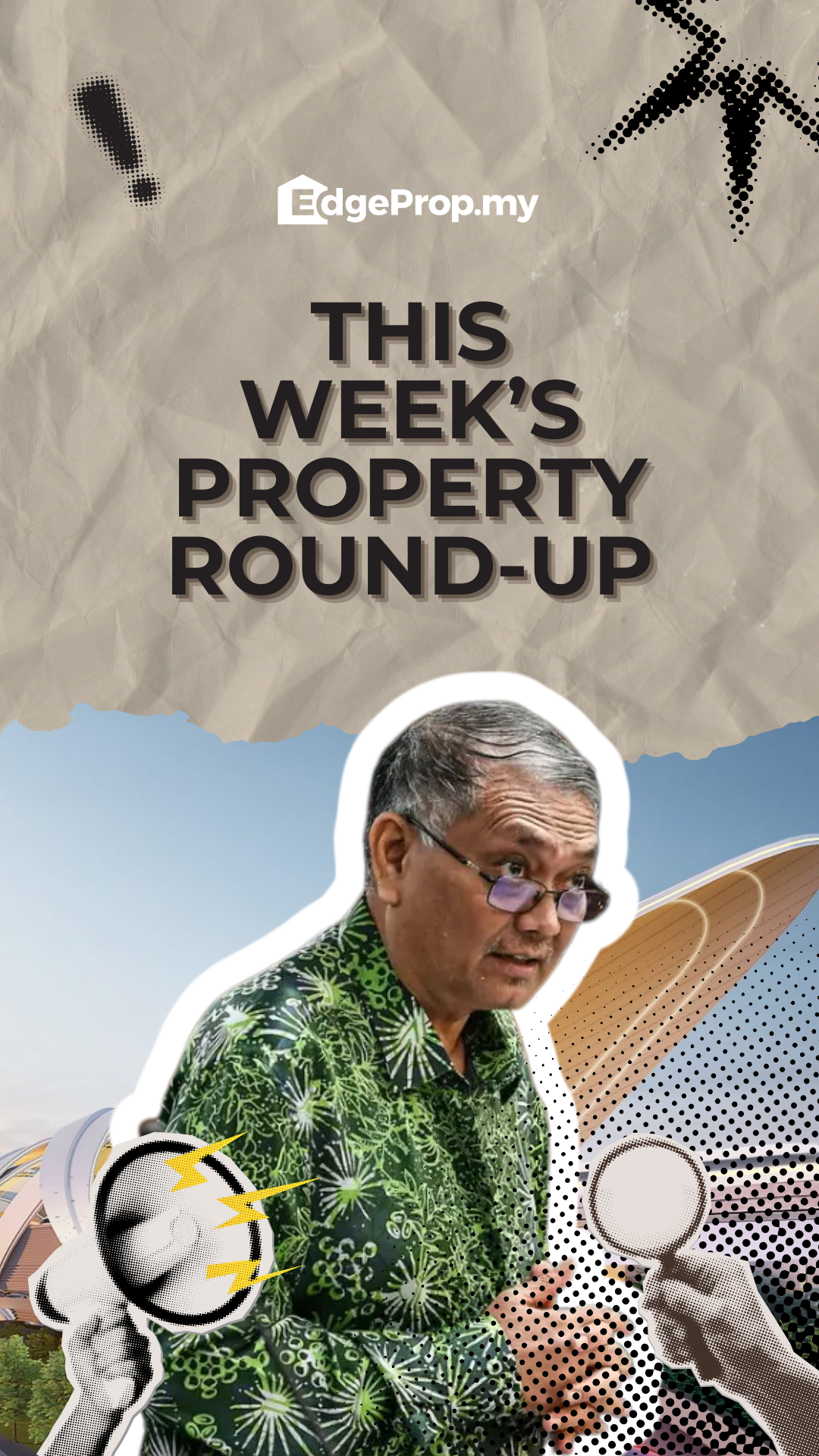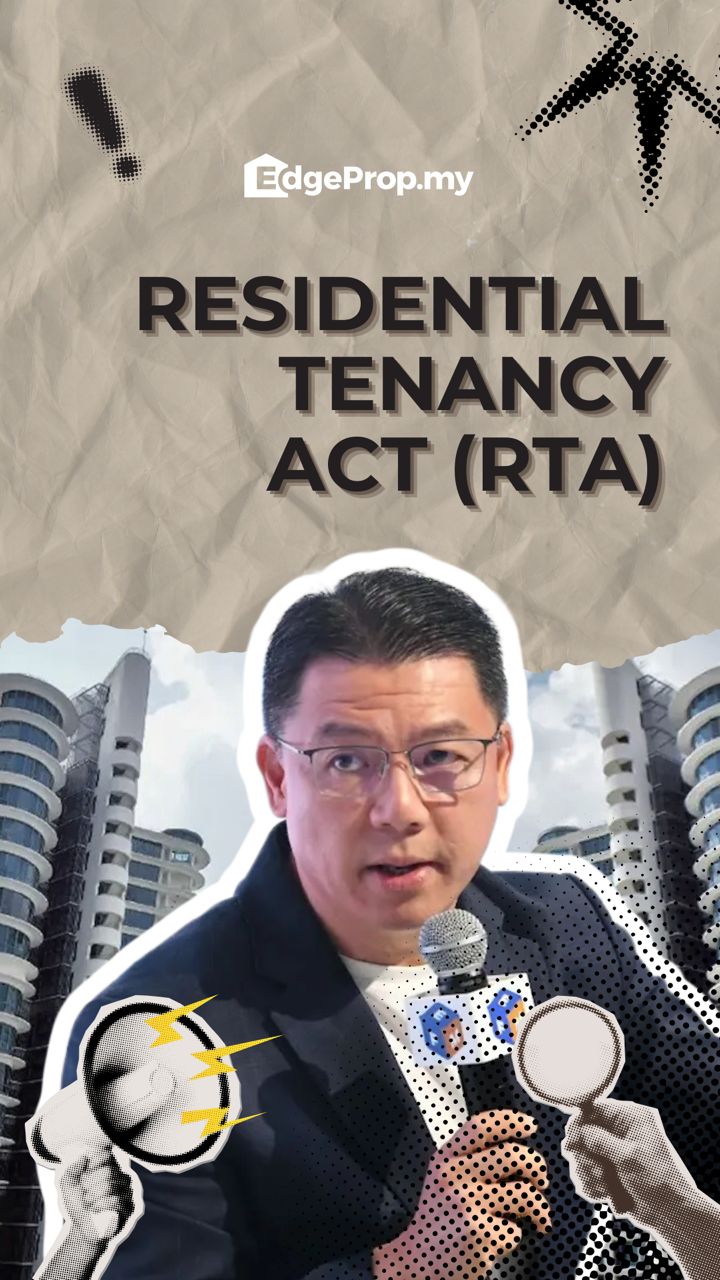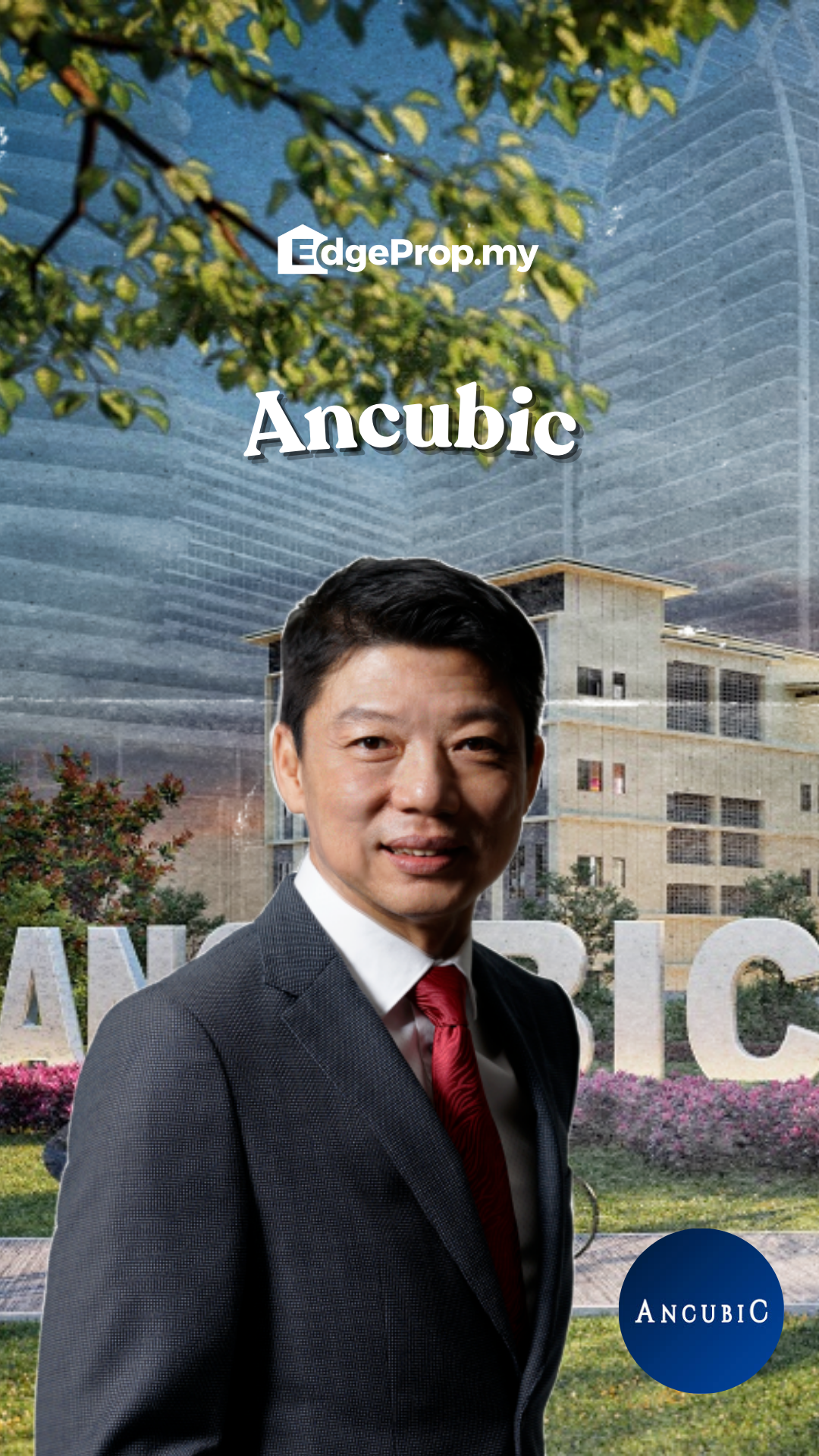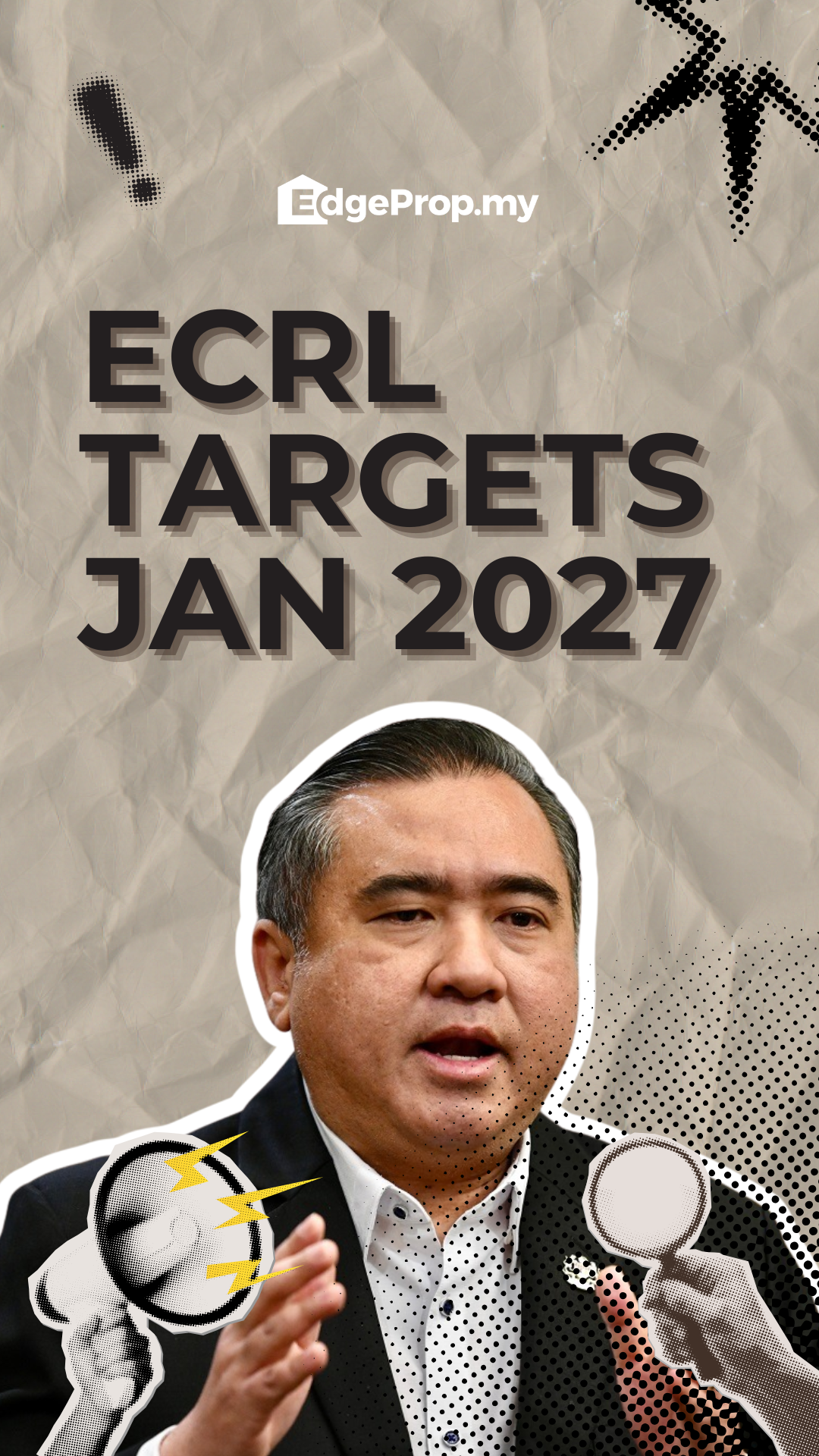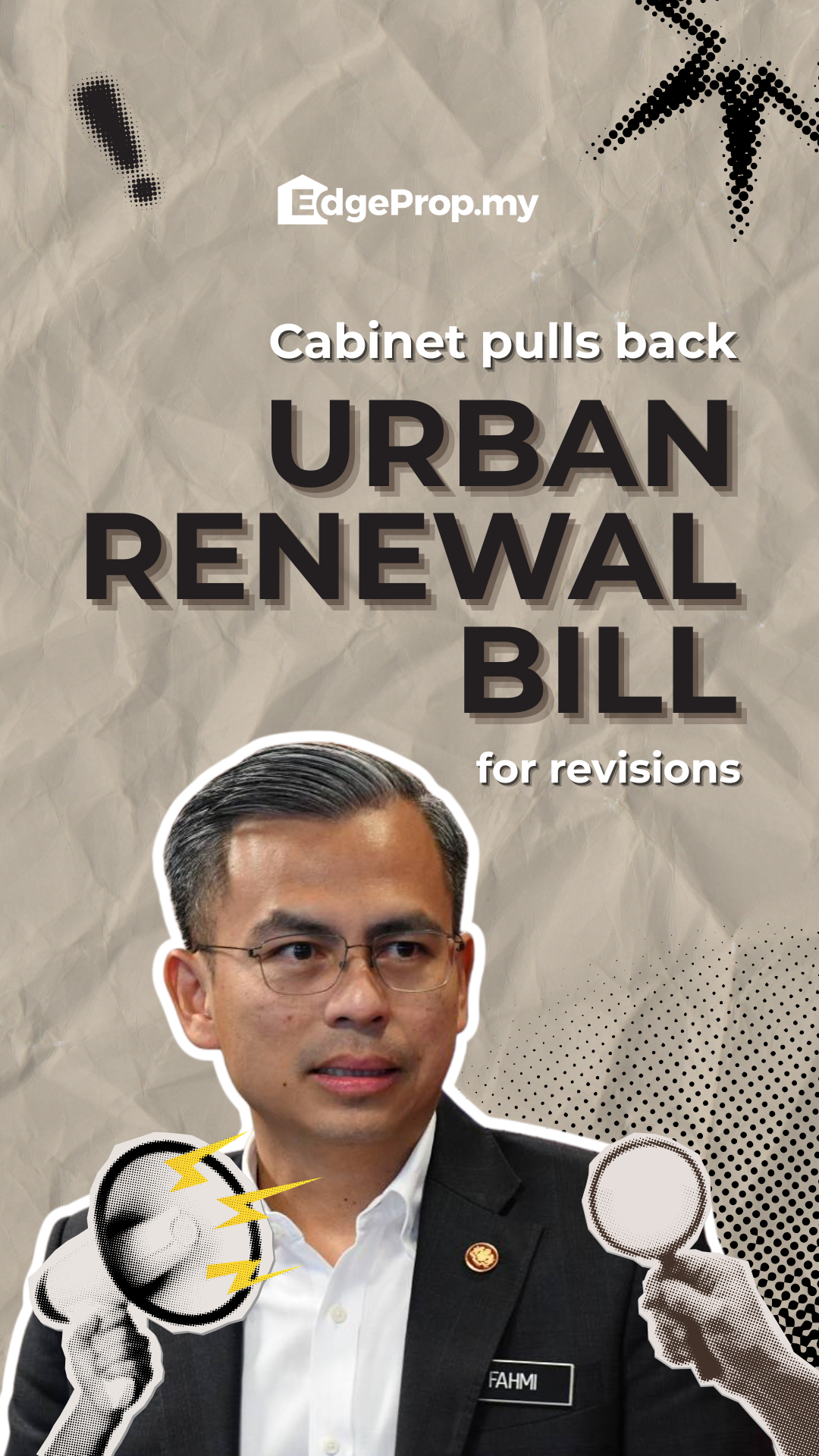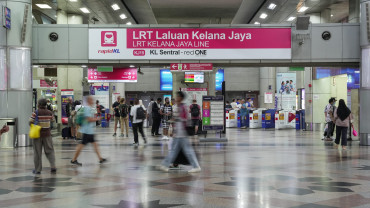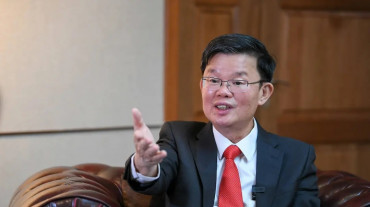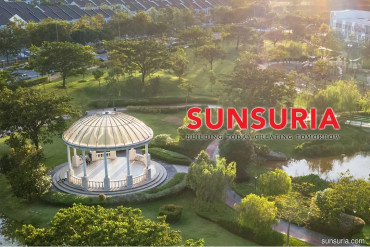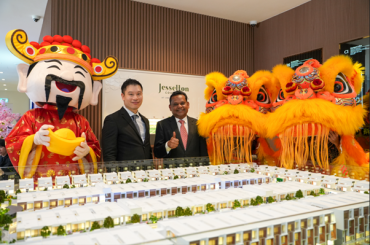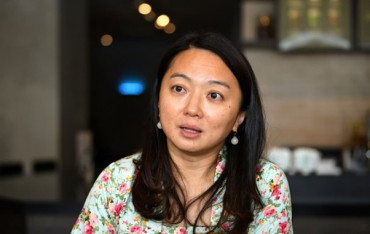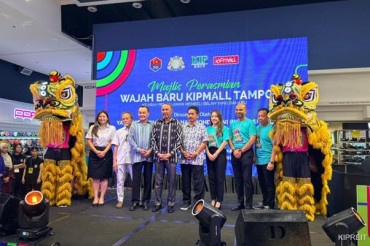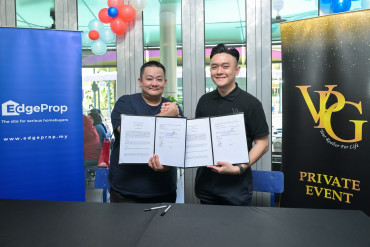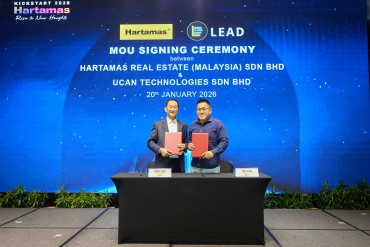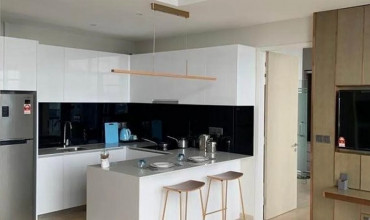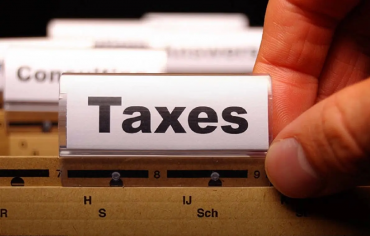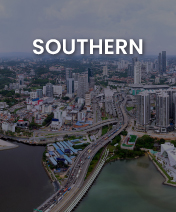ADVERTISEMENT
All Property News
Stay updated with the latest real estate and finance news, including property market trends, housing insights, and valuable information.

Wawasan Dengkil’s 2QFY2026 net profit falls to RM700,000; no update on January MoU
Yesterday

Yong Tai to issue RM1.5 mil RCPS under ongoing fund-raising exercise
Yesterday

IOI Properties’ CEO Lee Yeow Seng buys additional 9.4m shares during closed period
Feb 20, 2026

Penang quit rent revision needed to correct long-standing disparities, says CM
Feb 20, 2026

E&O to highlight forest-adjacent Seri Embun in City of Elmina during CNY showcase
Feb 20, 2026

EPF and Maybank trade Sunway, IJM shares amid takeover bid
Feb 20, 2026

Platinum Melati Residences—Setapak’s latest gem for family-centric sustainable living with LRT connectivity
Dec 19, 2025

S P Setia CNY Campaign 2026—Bag limited-time homeownership prosperity perks up to RM3,888 rebates!
Feb 11, 2026

How to reap Johor Bahru’s ripe opportunities without getting burned if the bubble bursts
Jan 9, 2026
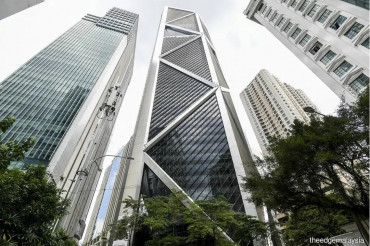
Legally Speaking
Govt seeks to forfeit funds in Ilham Tower, individual accounts linked to Daim case
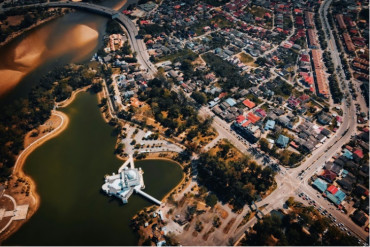
Guide to Homebuying
Find the best location for your home
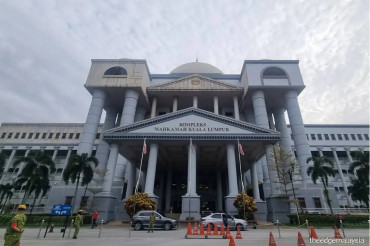
Legally Speaking
KL High Court rules developer’s ‘contra arrangements’ with landowner invalid in K Residence condo case; Duta Yap’s son held personally liable
Trending narratives
Malaysia's Most
Loved Property App
The only property app you need. More than 200,000 sale/rent listings and daily property news.














